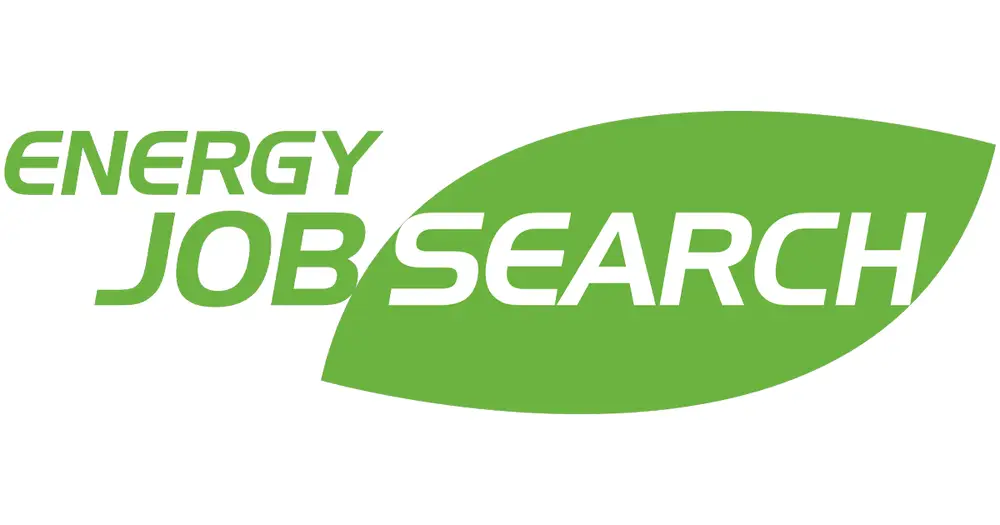You’ve been offered a job on an oil rig, but the salary offer they presented you with isn’t as excited as the job. What they offer doesn’t necessarily have to be the one you accept.
It may appear that they are offering you a random number, but hiring managers tend to look at the industry standard when they calculate a job offer.
Employees are paid on a sliding scale according to experience, and if you’re a more experienced employee, you should be closer to the higher end.
However, there are more criteria to a pay offer than just experience that you can bring if you want to negotiate a higher salary. What value do you bring to the company? You may be able to use that to leverage a better salary.
If you want to negotiate before you accept a salary offer, consider these ten tips for negotiating your next oil rig salary and see if you can achieve what you’re worth rather than just what you’re offered.
Oil Rig Salaries
Oil rig salary ranges are based on role, experience level, location, and additional skills.
- Entry-level roles: (roustabouts and floorhands) $33,000 to $60,000 annually.
- Mid-level roles: (crane operators and derrickhands) $55,000 to $85,000.
- Senior-level roles: (rig managers and superintendents) $150,000 to $250,000.
Variations by Location
Where is your oil rig located? Onshore? Offshore? Hiring managers may take location into account when they’re drafting a salary.
High-demand locations like Texas and North Dakota may pay more at the entry-level to create competition among applicants. However, states like New York and Vermont pay more than average, and Alaska pays some of the highest oil rig salaries, partly because of the cost of living.
There are vast oil deposits in places outside of the U.S., like Canada and Australia and international oil rig job vacancies can pay better than domestic ones.
Choosing an offshore location on a drilling platform or a very remote location onshore will also garner a higher salary, including hazard pay.
Salary negotiation tips
If you see a high worker demand, that can help you negotiate a higher salary. Follow these tips to help plan and negotiate with confidence.
1. Know Your Worth
The first step to any negotiation is to know your worth. You can’t ask for more money if you can’t tell them what they should pay you.
Start by researching the industry standard salary and job description for your position, whether onshore or offshore drilling.
Some questions to ask yourself include: How long have you been working in the oil and gas sector? How this salary and job description compare to the industry average?
You can potentially negotiate for a better salary if you have something that sets you apart from the competition. Consider skills that set you apart or note if you’ll be performing duties outside your job description.
2. Learn How the Company Thinks
Every company is different, so before you approach negotiations, learn how your company compensates its employees.
If you know to do it before your interview, you can just ask about their compensation structure during the interview.
Maybe the interviewer says upfront that they never pay a new hire or, that a new hire has to be with the company for more six months. In that case, you may want to consider asking for additional benefits instead.
Know what to expect can help you set realistic expectations, and save you time and help you find flexibility with your requests.
3. Show Off All the Skills and Certifications You’ve Earned
You’ve spent a lot of time and effort to earn certifications and master your skills. Don’t be afraid to promote yourself.
Try to think of it this way, this company is already hiring you and thinks you’re a good fit.
Use numbers and examples to back them up. Do you have advanced training, skills, and certifications?
Persuade an employer that you should have a higher salary than they usually offer to a new hire. It gives your position added value; in the case of advanced training, it’s money they don’t have to spend training you.
Make sure to mention if you have CPR training or have done advanced skills training in a previous job. These facts can be used to negotiate to the higher end of a salary range.
If there is training that you want to complete for your career that costs money out of pocket, ask if the company can pay for that as a benefit for signing with them.
4. Don’t Sell Yourself Short
Use how much experience you have to leverage a better offer. This is especially true in mid-level and senior-level roles.
When you determine what you will be asking for, consider experience and compare your skills with someone in the company with a similar experience level.
Also, include any accomplishments, awards, or past experiences where you demonstrated safety knowledge.
“Drilling sites can be dangerous and demanding environments that may justify a higher salary.“
Experience also includes the roles you’ve taken that include supervisory or management skills. Just like when you’re looking to be hired, the ability to supervise or manage people on a rig can help strengthen your negotiation and help secure you a better salary.
Make sure to include all relevant information about your experience in your negotiation.
5. Discuss Rotation Schedules and Benefits
Health insurance, better accommodations, extended leave, and ongoing learning and training are often offered as a benefit or perk of accepting employment on an oil rig.
Rotation schedules can also sometimes be negotiated as part of the pay package. Know what the company usually offers by asking during the interview and compare that to what you would like to have.
That may mean longer time off or more regular intervals of work, such as fourteen days on and fourteen days off.
6. Mention Working Conditions
Offshore and remote onshore drilling sites can be dangerous and demanding environments that may justify a higher salary.
Suppose the salary being offered is much lower than the jobs being offered in a similar environment. In that case, you may want to mention that the working conditions often coincide with a higher salary.
If there is an opportunity, and the company allows it, express your willingness to work offshore or in a challenging location where the environment often pays a higher salary.
Just be careful to look at the entire salary package and see if there will be hazard pay or an additional wage for a dangerous work environment. Add that to the amount when comparing your salary to the industry average.
7. There’s More Than Just Base Pay
A salary is typically base pay, calculated hourly or annually, a benefits package, and supplemental pay options like hazard pay, which is common on offshore drilling platforms.
Consider asking for additional perks that would make working for the company better. While they may not be willing to raise the base pay, they may be in a position to give you extras.
Housing allowances and a travel stipend to and from your home might be enough to offset the increase in salary you were going to ask for.
8. Timing of the Negotiation is Everything
The best time to negotiate a salary is right after receiving an offer but before you accept it. If that’s not possible, try to time it when the business and industry are doing well.
Choosing a time when oil prices are high can help you get better results, but more importantly, pick a time when the company has become financially stable and is able to give you more money. Otherwise they will probably tell you they just can’t give a better offer right now.
With the business doing well, it’s time to look at yourself. Choose a time when you’ve gone above and beyond for a company or demonstrated value with a completed task or project. This can help to eliminate the response that the business can’t afford to negotiate your salary.
9. Stay Confident and Professional
Using your knowledge of industry standards and all these tips, approach your salary negotiation confidently while still being professional. Have a reasonable expectation of what you will and won’t accept and what amount reflects your worth to the company.
Let your research and homework talk for you, and ensure the company knows that. You want to continue working for them, and giving them value in exchange for a better salary is one way to ensure everyone is happy.
A Few Extra Tips for Oil Rig Salary Negotiations
Negotiating a salary is an art form. Although how you act in the negotiations is essential, you should spend more time researching and thinking than you do negotiating.
Practice, practice, practice!
Give your pitch of what you believe you are worth with a friend, and get feedback so you can be confident when you discuss it with the business.
Know what you will and won’t accept during negotiations. Your “non-negotiables” are the minimum you’ll accept to take the job. You may want a minimum base salary, specific benefits like health insurance, or several days off a year.
There is a chance that what you want will be rejected. If that happens, don’t just revert to the original offer. Have a backup plan that may be easier to negotiate. You may want to ask for a one-time signing bonus, a smaller increase on their offer, or just one additional benefit.
Conclusion
Negotiating a salary, whether a new hire or a seasoned employee, is a stressful experience, but some research and tips should help boost your confidence.
Take a moment to learn your worth, be able to back it up, and understand what the company is looking for in an employee.
Businesses need to be profitable, so to have the best chance at negotiating a salary, show the employer that you add value and that paying more to you will benefit the company.


















